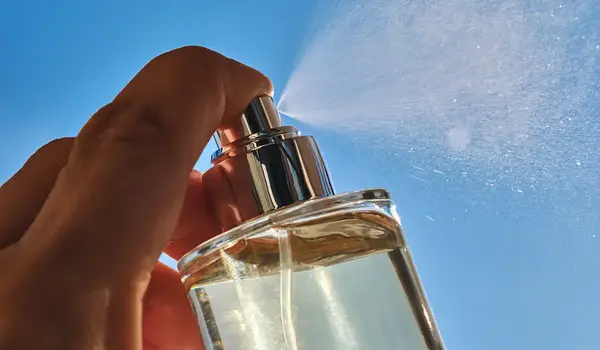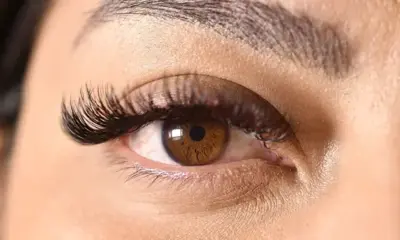Research & Trends
Fragranced Cosmetics May Impact Air Quality and Human Health

Fragranced Cosmetics Health Risk: What You Should Know About Air and Skin Safety
Fragranced products like lotions and perfumes may seem harmless, but they pose a significant health risk for both skin and air.
These scented products affect your body’s chemical environment, raising concerns about indoor pollution and the fragranced cosmetics health risk overall.
Researchers have found that applying such products changes how our skin interacts with air, especially in enclosed indoor spaces.
The Science Behind Fragranced Product Effects
Fragranced products disrupt the human oxidation field, which helps cleanse the air around our bodies naturally.
This invisible “shield” plays a critical role in maintaining chemical balance by interacting with airborne pollutants.
However, the application of cosmetics interferes with this reaction and may allow harmful substances to stay airborne longer.
As a result, the fragranced cosmetics health risk grows more serious in environments with poor air circulation.
Furthermore, studies show this chemical interference leads to less effective indoor air cleansing, increasing overall pollution exposure.
The Denmark Study That Raised Alarms
A Danish research team tested how body products affect indoor air using four healthy men aged 19–25 in a lab-controlled chamber.
Each subject applied either moisturizer or fragrance before entering the room, where changes in air chemistry were measured precisely.
Moisturizers tested included shea butter, jojoba oil, and rapeseed oil—all common ingredients in everyday lotions.
For the fragrance experiment, the participants used Calvin Klein’s Ck One perfume, applying it just minutes before entering.
Ethanol, a typical fragrance solvent, dramatically reduced natural air oxidants like hydroxyl radicals (OH), increasing indoor pollution risks.
This study confirms a direct fragranced cosmetics health risk linked to altered indoor chemistry and human exposure.
Understanding the Human Oxidation Field
Our bodies interact constantly with air, generating a personal oxidation field that helps neutralize harmful pollutants.
However, personal care products can weaken this protective field, particularly when applied to large skin areas regularly.
Lotion may shield the skin’s natural oils, reducing emissions of protective chemicals while also using up vital hydroxyl radicals.
This results in lower air-cleaning ability right around the person, a crucial factor in poorly ventilated or enclosed spaces.
The more fragranced products you use, the more you may unintentionally increase the pollutants staying active near your body.
Final Thoughts
While personal care routines remain important, being mindful of ingredients and application areas could help reduce chemical exposure.
Look for unscented or low-fragrance alternatives, especially when spending extended time indoors with limited airflow.
For people with asthma or chemical sensitivities, this awareness becomes even more important in maintaining long-term wellness.
Explore more news on this website to stay updated on health trends, science insights, and environmental safety.





















